When we think of farming, we often picture expansive fields of wheat and grains, subjected to seasonality, water shortages, and pests. Luckily, farming without these issues is possible. In fact, there’s a growing industry that’s making a splash in the world of agriculture – or should we say, “aquaculture.”
Cascadia Seaweed, a provider of ocean cultivated seaweed, is showing North America that farming doesn’t have to be on land. And people are listening: Cascadia was one of the top 20 Companies of the Fall 2021 Impact Investor Challenge at Spring Activator. We spoke with Erin Bremner-Mitchell, Manager of Communications and Engagement, about what Cascadia Seaweed brings to the table.
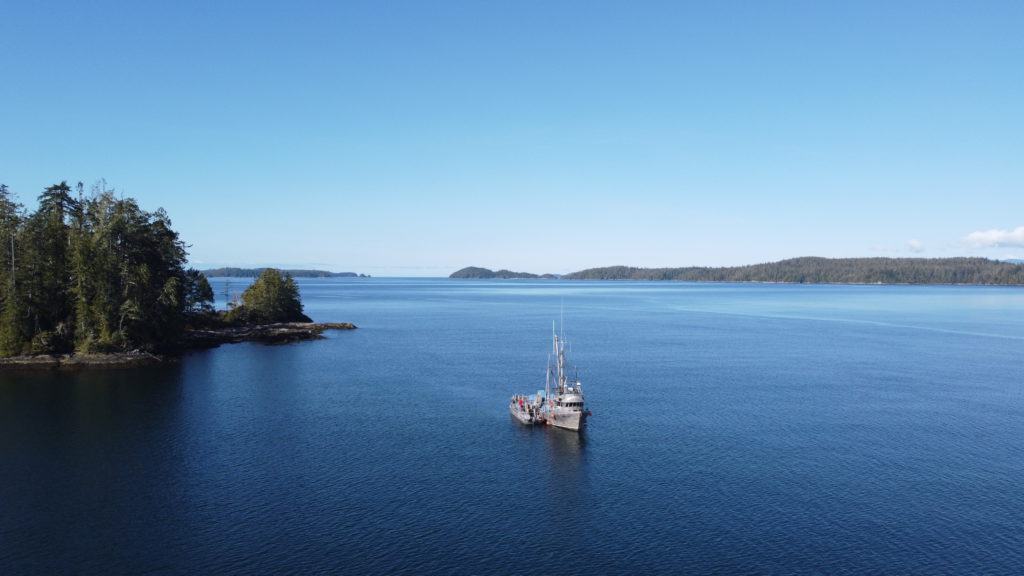
Tell us about Cascadia Seaweed’s mission.
Cascadia Seaweed is growing to be the largest provider of ocean cultivated seaweed in North America. By simply cultivating seaweed in the ocean, we can help solve some of the biggest challenges humanity is facing today: climate change, economic instability, and food security.
This is what inspired Cascadia’s vision statement: “Through the cultivation of seaweed we will help improve human health, support coastal communities, and heal the Earth.”
What inspired you to start Cascadia Seaweed?
Bill Collins was conducting research for the Vancouver Island Economic Alliance (VIEA) to attract foreign direct investment to the Island. He landed on four different business cases, one of which was sustainable aquaculture. After an hour on the phone with one of Canada’s leading experts in seaweed, Bill’s entrepreneurial spirit was sparked and he quickly developed the opportunity into what we know today as Cascadia Seaweed. The mission to improve human health, support coastal communities and heal the earth by scaling up the seaweed industry has attracted a diverse group of individuals who all share Bill’s original vision of generating a profit to enable people and benefit the planet.
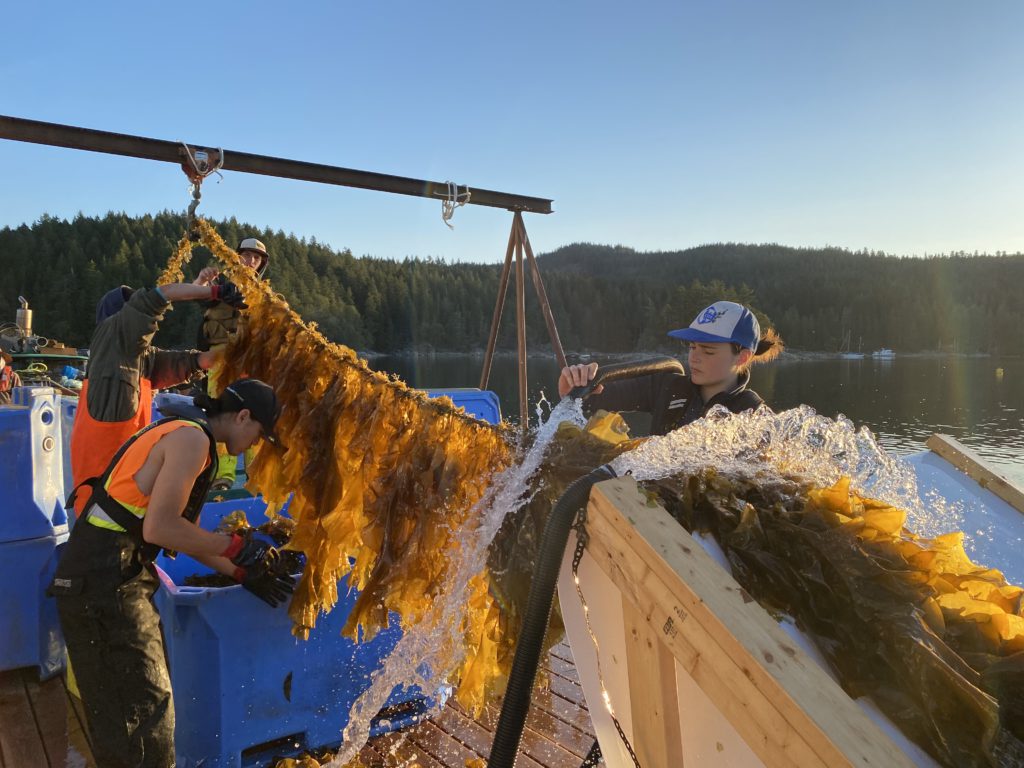
What were some of the challenges they encountered?
Cultivating seaweed at scale in British Columbia is a burgeoning sector, which poses a challenge in awareness; however, this is also our greatest opportunity! When we speak to investors, government officials, and consumers, we have a responsibility to share all of the positive impacts that seaweed farming can create.
Ocean cultivated seaweed requires no fresh water, fertilizers, pesticides, or arable land to grow. It utilizes nutrients from the sea, sequesters more carbon than land plants, mitigates acidification, creates habitat, and is renewable and fast growing. It is the definition of regenerative aquaculture, and this new and burgeoning sector directly supports the development of Canada’s growing Blue Economy.
We have certainly encountered challenges during the regulatory approval process and accessing capital, but we have a tenacious team, experienced leadership, and a compelling story which has helped us overcome these challenges.
What do you consider Cascadia Seaweed‘s biggest success?
The most recent success the team at Cascadia Seaweed celebrated was our invitation to COP26 in Glasgow. Our CEO, Mike Williamson, represented Cascadia Seaweed at this event and spoke alongside global seaweed champion from the UN Global Compact, Vincent Doumeizel.
We also just celebrated the release of our first product under our CPG brand, Kove Ocean Foods!
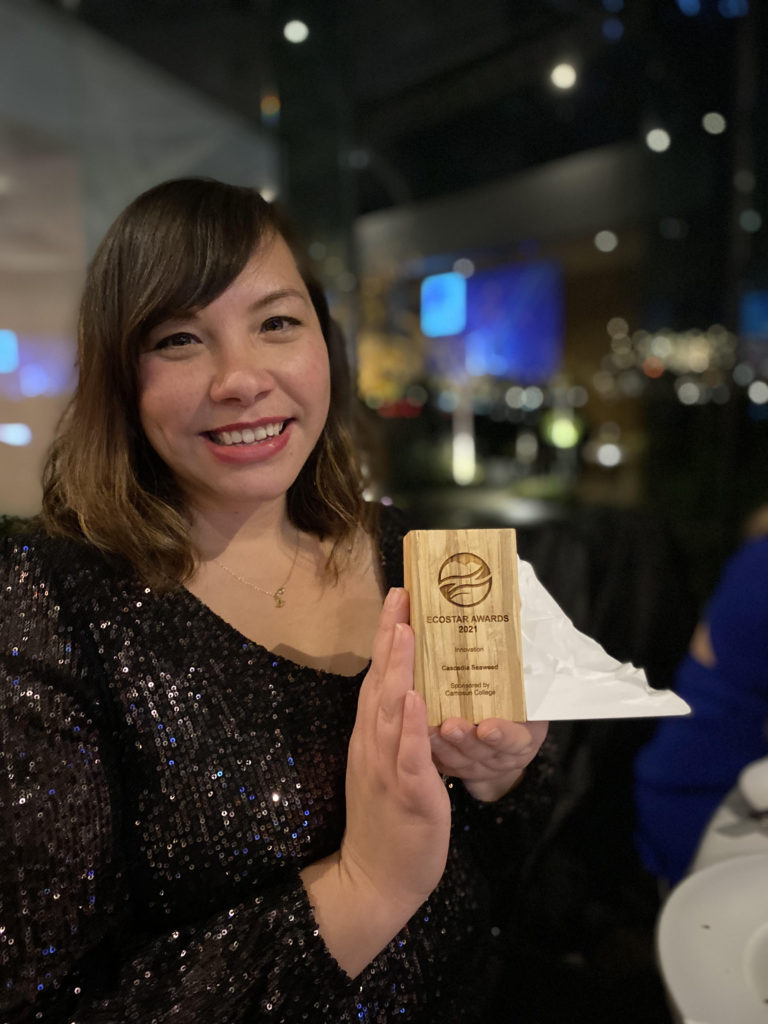
What makes this organization unique?
Cascadia Seaweed is the only vertically-integrated seaweed company combining cultivation know-how, First Nations partnerships, and progressive brand development, and our leadership team has over 150 years combined experience in food, technology, and financial services businesses.
How do you feel Cascadia Seaweed makes the world better?
Seaweed can make the world a better place, and Cascadia is playing a part in that! By growing seaweed in the ocean, we actually make the ocean healthier! Not to mention all of the uses for seaweed that have the potential to make a positive impact on our shared environment, from methane reducing agrifeeds to plastic alternatives.
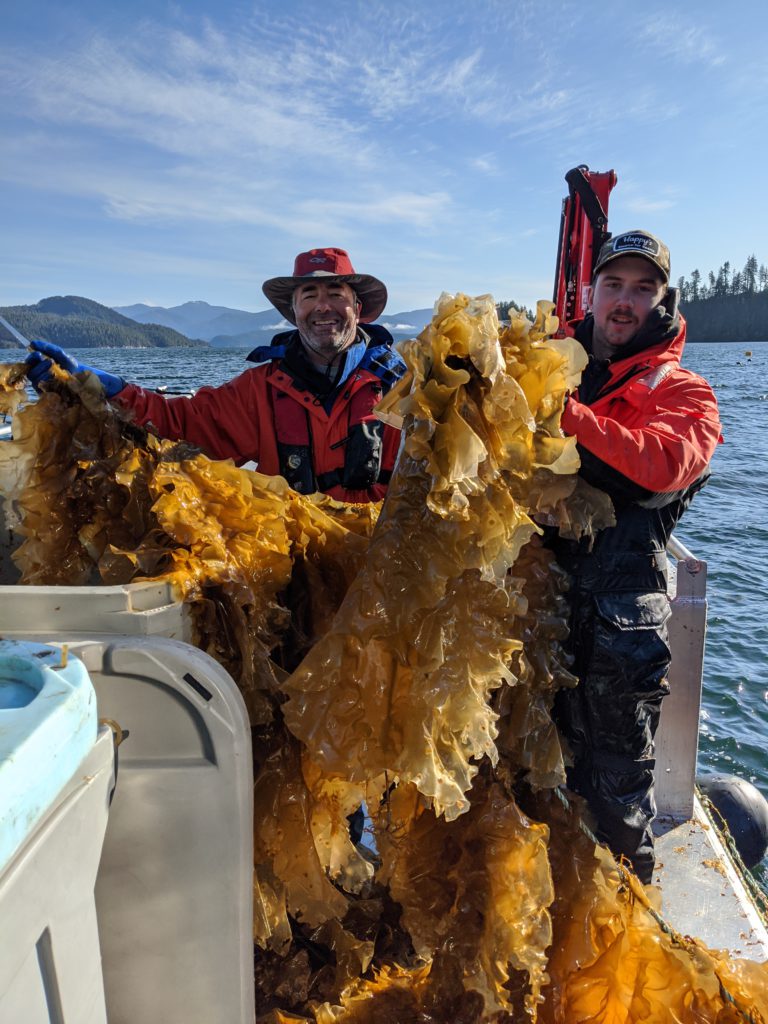
Tell us about Cascadia Seaweed’s goals.
We are looking to connect with investors, ESG, or family funds that align with our values and corporate vision to help us scale up – to turn this BC business into the driver behind a climate-positive industry.
Are there any upcoming initiatives or projects you’d like to share?
Cascadia Seaweed earns access to the water by creating partnerships with Indigenous coastal communities. We all know that reconciliation with our Indigenous neighbours is a priority for governments at all levels. Reconciliation involves acknowledging and respecting the traditional territories and rights of First Nations governing bodies.
Recently, the Tsawout First Nation issued a license under their Marine Use Law to Cascadia Seaweed to install a farm in their territory off of James Island near Sidney.
“We need to prepare for the future and manage our own traditional lands, air and sea. As First Nations stewards we need to pass on the rich ecological knowledge of our ancestors to ensure that economic activities taking place in our marine environment are safe and sustainable. This includes the protection and regulation of food, social and ceremonial purposes and benefits.” Chrissy Chen, Fisheries Manager at Tsawout First Nation.
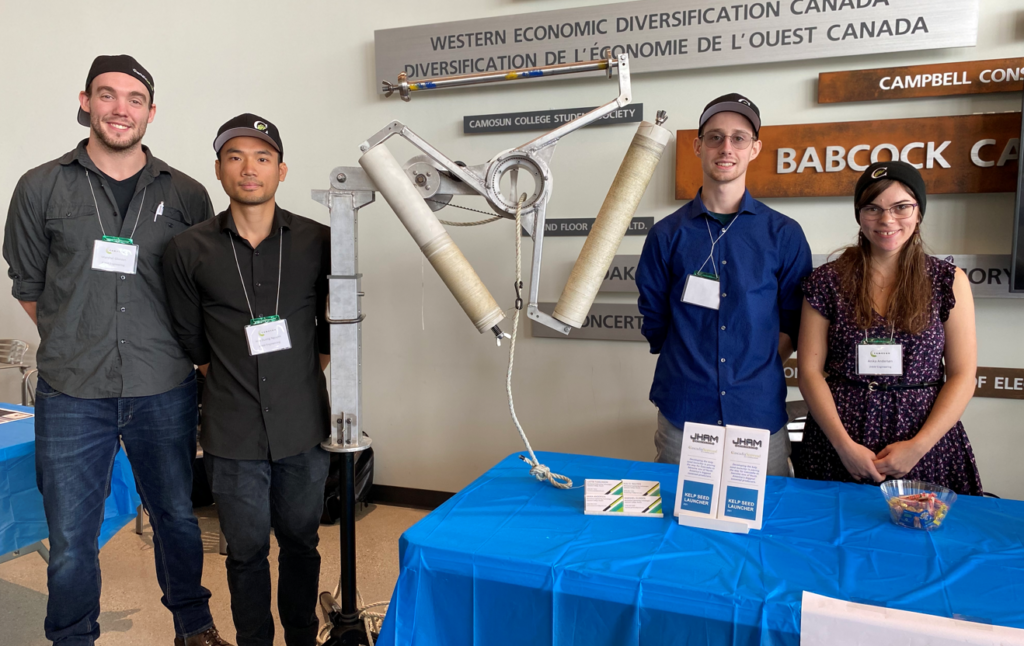
What do you most want people to know about Cascadia Seaweed?
We are seaweed farmers, and that is what we strive to be best at, but we are also entrepreneurs. We are guided by science and driven to make the world a better place.
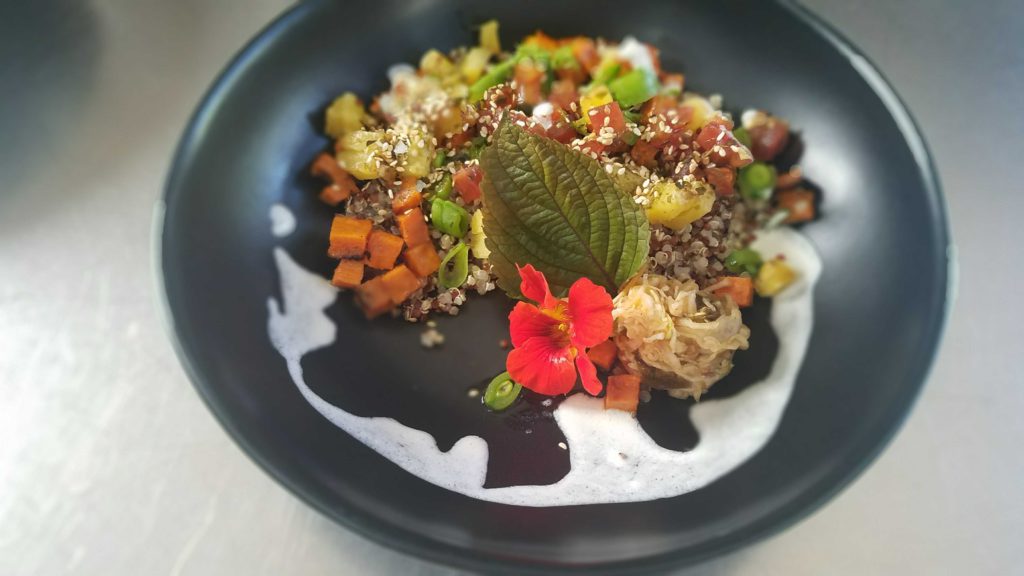
How can people help or contribute to Cascadia Seaweed’s mission?
The first thing individuals can do to support Cascadia Seaweed is to talk to people about this interesting new industry, especially when discussing climate action. As we are becoming more aware of the connection between climate change and our consumer habits, let’s all be more cognizant of where our food comes from.
I encourage readers to check our plant-based food brand Kove Ocean Foods to learn how they can integrate locally-grown seaweed into their diet morning, noon, and night.
This story was featured in the Make The World Better magazine:
Dive into another inspiring story:
- Bluebird Grain Farms: Cultivating for the Next Generation
- Canadian Organic Growers: Advocating for an Organic Future
- Ecosystem Services Market Consortium: Improving Soil Health
- EMKAO Foods: Transforming the Economy with Every Cocoa Bean
- Moment Energy: Harnessing the Power of Clean Energy Storage
- Nada Grocery: Going Package-Free to Save the Planet
- ReFeed Canada: Securing Sustainable Food Systems
- Solaires: Illuminating Good with Affordable Solar Solutions


